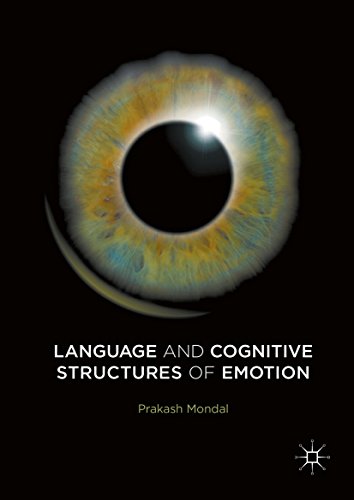
|
Office Address: Room No. C-426, Indian Institute of Technology Hyderabad Email: prakashmondal(AT)iith.ac.in
Associate Professor of Linguistics and Cognitive Science
Office Phone: +(91) 040-2301-6510 (I would prefer an email at the moment)
Professional Service: Editorial Advisory Panel, HSS Communications, a Nature journal |
I'm interested in how language relates to cognition in the broadest sense and how it links to problems of meaning, computation, and biology. In general, my papers and books (published or forthcoming) are at the cross-section of language, cognition and computation. Some of them are available below:




